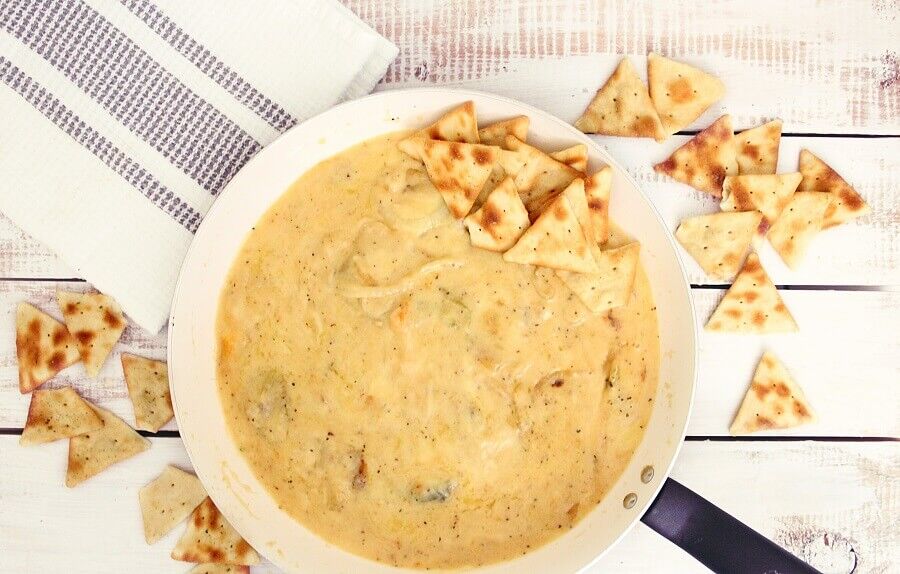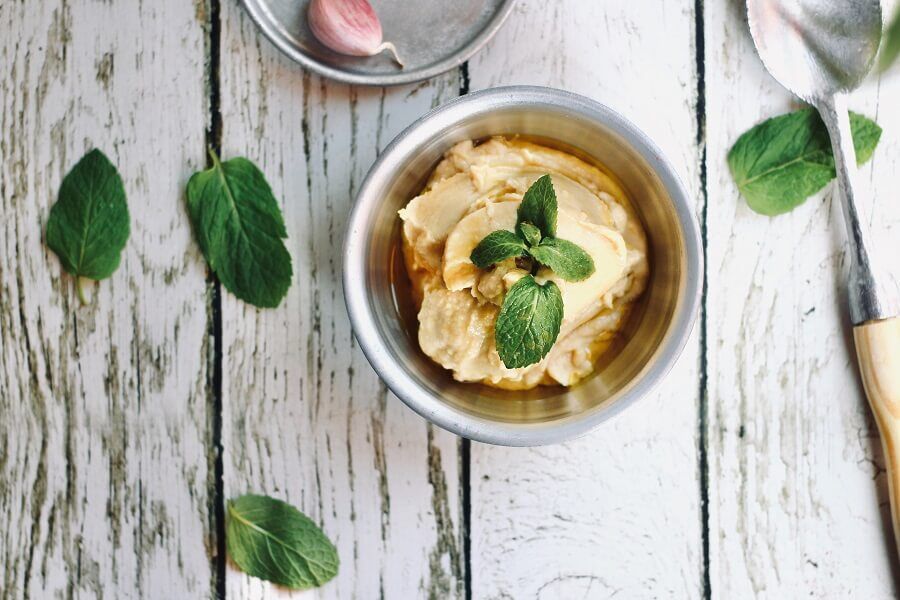A guide to baby weaning with herbs and spices
Understanding Spices
Your cart is empty.
SUBTOTAL
£0.00

Understanding Spices
Herbs and spices are great additions to dishes, and not just for adults. As babies get older, it becomes more difficult to introduce bold flavours to their diet. Familiarising them with a wide range of flavours at a younger age will help them favour whole and unprocessed foods later on in life – this can prevent them from becoming fussy eaters! Plus, salt isn’t recommended for babies under the age of one, so adding herbs and spices is an easy way to make their food less bland.
Parents are often reluctant to add spices into their babies’ diets as they’re under the impression that spices are too hot for such small taste buds. However, paediatricians and nutrition experts say that aromatic spices like cinnamon, nutmeg and turmeric are perfectly fine to feed your baby from 6 months. When it comes to spicy spices like chilli, however, there’s no hard rule. You can start to introduce them to spicy food from 6 months, but many parents also choose to wait until their babies are at least a year old.
There are a wealth of aromatic spices which are perfectly safe, natural and bring a whole load of health benefits. It’s a good idea to begin with herbs and spices which have sweet, woody and floral flavours. Here are some to get started with:
Basil is a very versatile herb, and you can use it in anything from purees and pasta sauces, to vegetables and soups. The herb is also high in vitamins K, A and C which help to boost the immune system and support healthy bone growth.
Cloves have a warm and aromatic flavour that pair really well with baked goods. Add them to dishes like pumpkin bread, banana bread and peach and apple purees. Cloves also have antiseptic and anti-inflammatory properties, as well as a high amount of vitamins A, C, K and E.
Saffron can really enhance the flavour of baby food, and gives it a nice orange colour. Add a few blossoms into rice and chicken dishes and purees. Saffron is known for its antioxidant properties which are excellent in boosting the immune system. It boosts the absorption of calcium, which supports strong bones and good sight.
Nutmeg has a warm and sweet flavour, and is mainly used in baked goods. While it’s great in muffins and stewed fruits, it also goes well in creamy pasta sauces. As well as aiding digestion and alleviating tummy troubles, nutmeg is also known to help babies sleep better.
Cardamom has a minty, floral and warming flavour, and pairs well with both fruit and vegetable purees, porridge, chicken and baked goods. As well as containing high levels of vitamins C, B6 and thiamine, cardamom is also great for soothing sore bellies.
Cinnamon adds a warm and sweet flavour to both sweet and savoury foods. It makes a great addition to yoghurt, porridge, fruit purees and stews. Cinnamon is also a great antioxidant which boosts the immune system and protects vital organs.

As well as going for sweet and aromatic flavours, it’s worth experimenting with savoury herbs and spices. Here are some of the most popular ones:
This piney herb has a very strong flavour, so only use a small amount when starting off. It’s a great addition to purees and baked goods. The oils in rosemary are known for their antibacterial, antifungal and antiseptic properties.
Cumin has a nutty, earthy flavour that goes really well with all kinds of meat and vegetables. Pair it with all kinds of vegetable purees, chicken, stews and curries. As well as containing high levels of iron, and antibacterial and antifungal properties, cumin is also important in aiding digestion.
Oregano is very aromatic and pairs well with a variety of dishes. Add it to vegetables, pasta sauces, pizza and egg dishes. Oregano is important for fighting off infections as it contains high amounts of antioxidants.
Thyme is another herb that goes well with different dishes such as potatoes, soups, stews and purees. It’s also a great source of vitamins A and C, which are responsible for protecting the healthy fats in the cell membranes.
Dill weed has a great aromatic flavour, and is easily incorporated into soups, stews, mashed potatoes and scrambled eggs. It’s also bursting with calcium, iron, manganese and magnesium, and comes with health benefits such as aiding digestion and anti-bacterial properties.
Turmeric has a lovely, mild fragrance and is the perfect addition to lentils, eggs, curries and stews. It also aids digestion and has those all important anti-inflammatory properties.
Fresh and fragrant, mint has a lovely cooling flavour that works well in both sweet and savoury dishes like purees, peas, potatoes and fruit. Mint is also excellent for alleviating tummy troubles and to help babies digest their food better.

As soon as possible, don’t forget this is baby led weaning at it’s best! If you’re just starting weaning your baby, then it’s the perfect time to experiment with different herbs and spices. Start with small amounts first (just a pinch will do) before gradually increasing the quantity. When introducing herbs and spices to your baby’s diet, the key is patience – it’s normal for babies to reject new flavours, as they often need a lot of time to adapt.
When using herbs and spices, it’s best to use ground spices. If you do use whole spices, make sure to grind them into a powder for better digestion. Another tip is to avoid supermarket spice blends, as these tend to contain added sugar and salt.
So, now that you know which herbs and spices to use, here are some meal ideas to get you started.
For further recipe ideas click here.
Understanding Spices
Spices have long been integral to the UK's culinary landscape, adding depth, flavours, and richness to a myriad of dishes. From the pungent aroma of cumin in Indian curries to...
Read MoreUnderstanding Spices
Confetti is an essential part of any wedding day. Not only is it a wonderful way to greet a newlywed couple, but it also provides some beautiful photo opportunities. The...
Read MoreSeasonal Ideas
It’s no secret that any handmade gift will always be more special than a store-bought one. Homemade food gifts are especially wonderful, a labour of love that shows someone you...
Read MoreHealth and Wellbeing
It’s no secret that winter’s cold and gloomy weather makes us crave indulgent dishes like fondue and baked goods like sticky toffee pudding and apple crumble. While Christmas is the...
Read More